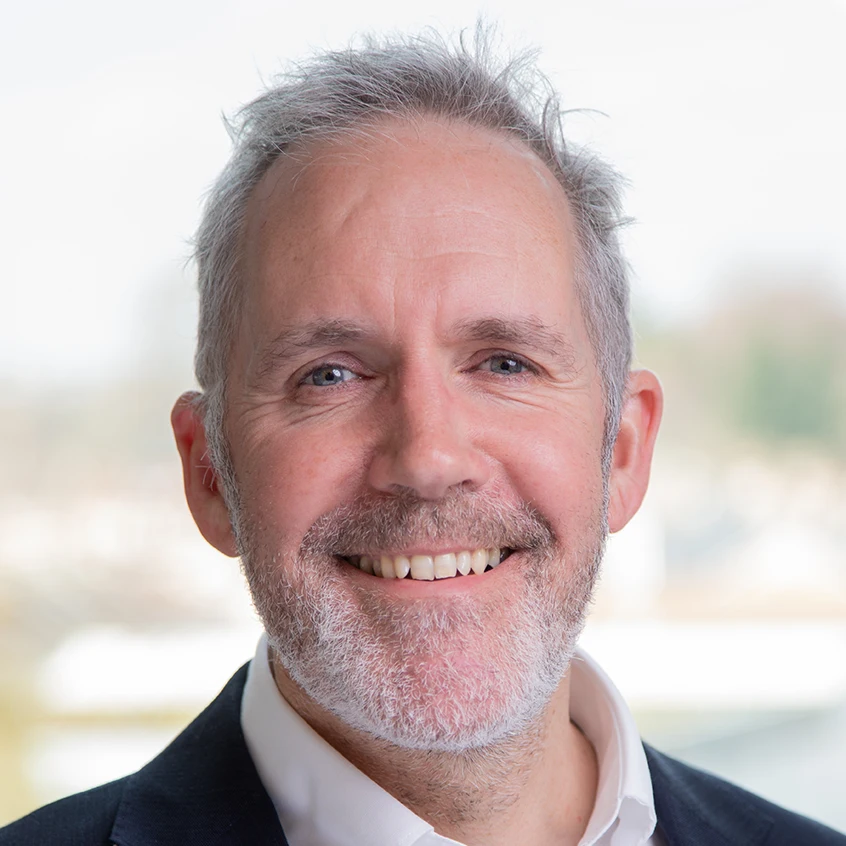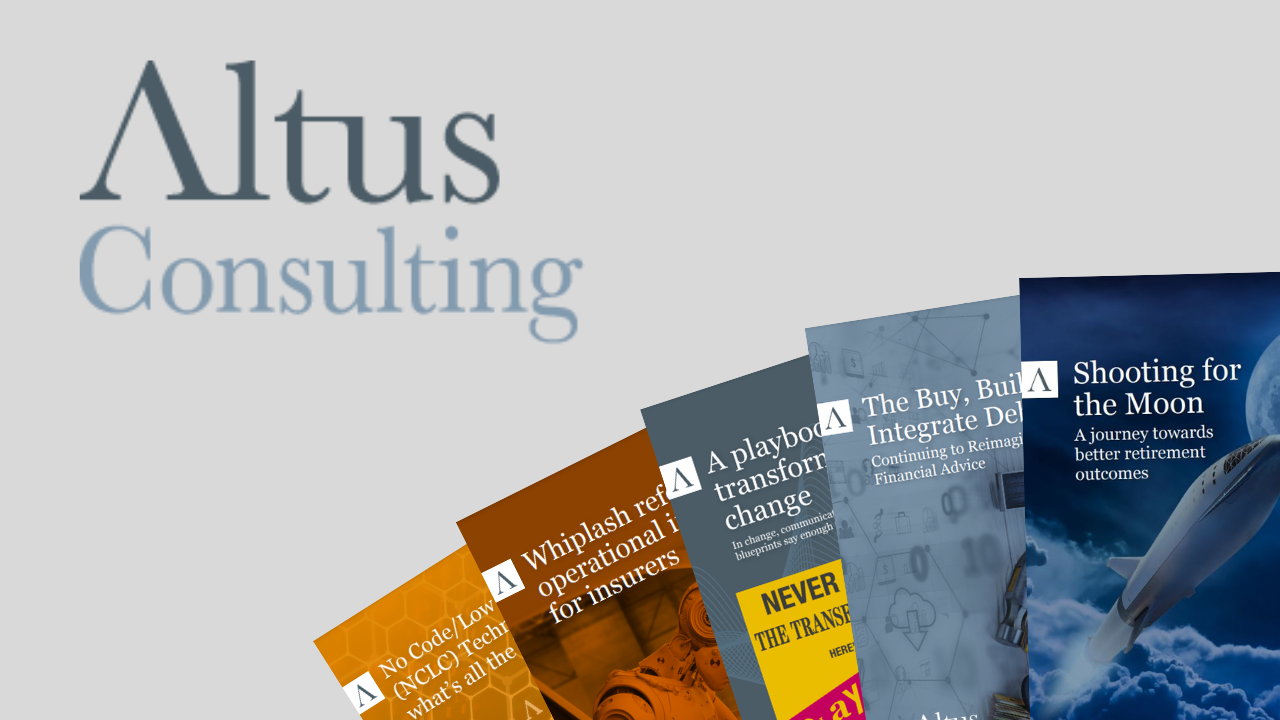It’s not often that financial services conferences make the national news, so you have to feel a little bit sorry for Stuart Kirk, Head of Responsible Investing at HSBC Global Asset Management. He has in effect been suspended from his job for expressing his professional opinion on what is, after all, his specialist subject of investing.
On the face of it, it is easy to see the reasons for HSBC’s reaction since his presentation at the FT’s Moral Money event. His now infamous rhetoric “Who cares if Miami is 6 metres underwater in 100 years’ time?” quickly went viral and could well have caused the bank some embarrassment and even reputational damage. And yet, a great many financial advisers have since risen to his defence, so I thought it was worthy of further examination.
Helpfully, his full talk is available on YouTube, so I took time to enjoy it.
In fairness to Kirk, his argument was cogent and well thought through, even if I could not ultimately agree with some of his conclusions.
The case for the defence
Let’s be clear. At no point in the presentation did Kirk deny that climate change is happening. Nor did he disagree with the social good behind de-carbonising the economy. Instead he expressed faith in the power of markets to balance things out over time, reducing share prices of polluters and channelling new money into the best opportunities for a greener economy. He also showed his belief in an adaptation strategy, describing it as a “cheap and effective” way to limit deaths per million population from extreme weather events. (I wonder if poverty-stricken Bangladesh, one of the biggest losers in the game of rising seas, would agree?)
Kirk also cited the IPCC’s own projections on the long-term impact to GDP of climate change, claiming they were negligible in the context of a world that will be between 500% and 1000% richer.
Late in the speech he accused the world’s central banks of massaging the figures to present climate risk in the worst possible light. I’m not fully equipped to understand the numbers but if it’s true…well we all remember Boris’ Brexit bus.
Since an asset manager’s primary purpose is to grow the value of their clients’ money over the long term, it is hard to argue with the logic, and if you believe in free speech, this thought-provoking talk is precisely the sort of conversation we should be having as an industry.
So why would HSBC suspend Stuart Kirk?
Arguments for his suspension
Let’s start with the job title. Maybe Kirk didn’t get the memo about what both industry and investors believe sustainable investing is about. Anyone can generate sustainable monetary returns over a given period by investing in quality companies at the right price. If coal stocks are on the table at a price of six times earnings, who cares if their output is the most polluting energy supplies on the planet? Climate risk is “too far into the future to matter for most companies”.
To me this somewhat misses the point. Sustainability is not just about money, it is about what sort of world you want to live in when you spend it. Whether the asset manager’s approach is to engage a firm’s management or avoid the toxic stocks, the objective of TCFD, SFDR and similar regulation is to encourage good corporate behaviours and discourage the bad. The burdensome reporting this entails is the regulator’s way of ensuring investors can be confident their money is doing the right thing for people and planet.
Second, there was his inflammatory language. Who cares if Miami is underwater? “Probably the 226,000,000 people in the 36 world cities that are going to be underwater by 2050” says the socially responsible investment firm Circa5000. According to climatecentral.org, these cities will include Antwerp, Amsterdam, Hamburg, Kolkatta, Ho Chi Minh City, Hangzhou and Bangkok. Closer to home, HSBC’s headquarter cities of Shanghai and London are both under serious threat. This is scientific consensus, not just “some nut job telling me about the end of the world”.
HSBC has already taken significant flak for its continued lending to build new coal-fired power stations in China, as well as being embroiled in the political turmoil surrounding Hong Kong. What they did not need is the man in charge of their sustainable investing proposition to go off script and risk damaging the bank’s prospects of ever selling a sustainably badged fund again.
What happens next?
Whether or not Kirk’s position at HSBC is tenable is a matter between him and the bank. In one sense I admire his bravery in standing up to express what he clearly knew would sound like heresy to a conference room full of ESG enthusiasts, and I fully support his right to free speech.
Did he need to use such controversial language? Put it this way, at great risk to his own career he certainly managed to create a sustainable investing news story that stood out from a crowd of hundreds, and for that I applaud him.
Would I now want to invest in HSBC sustainable funds, or appoint one of the many advisers who said his remarks were spot on? What do you think?




